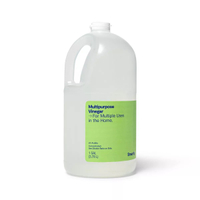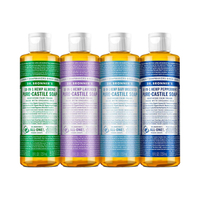5 cleaning products you should never mix – and why it can prove so dangerous
These five cleaning supply combinations will only spell out disaster, cleaning experts say
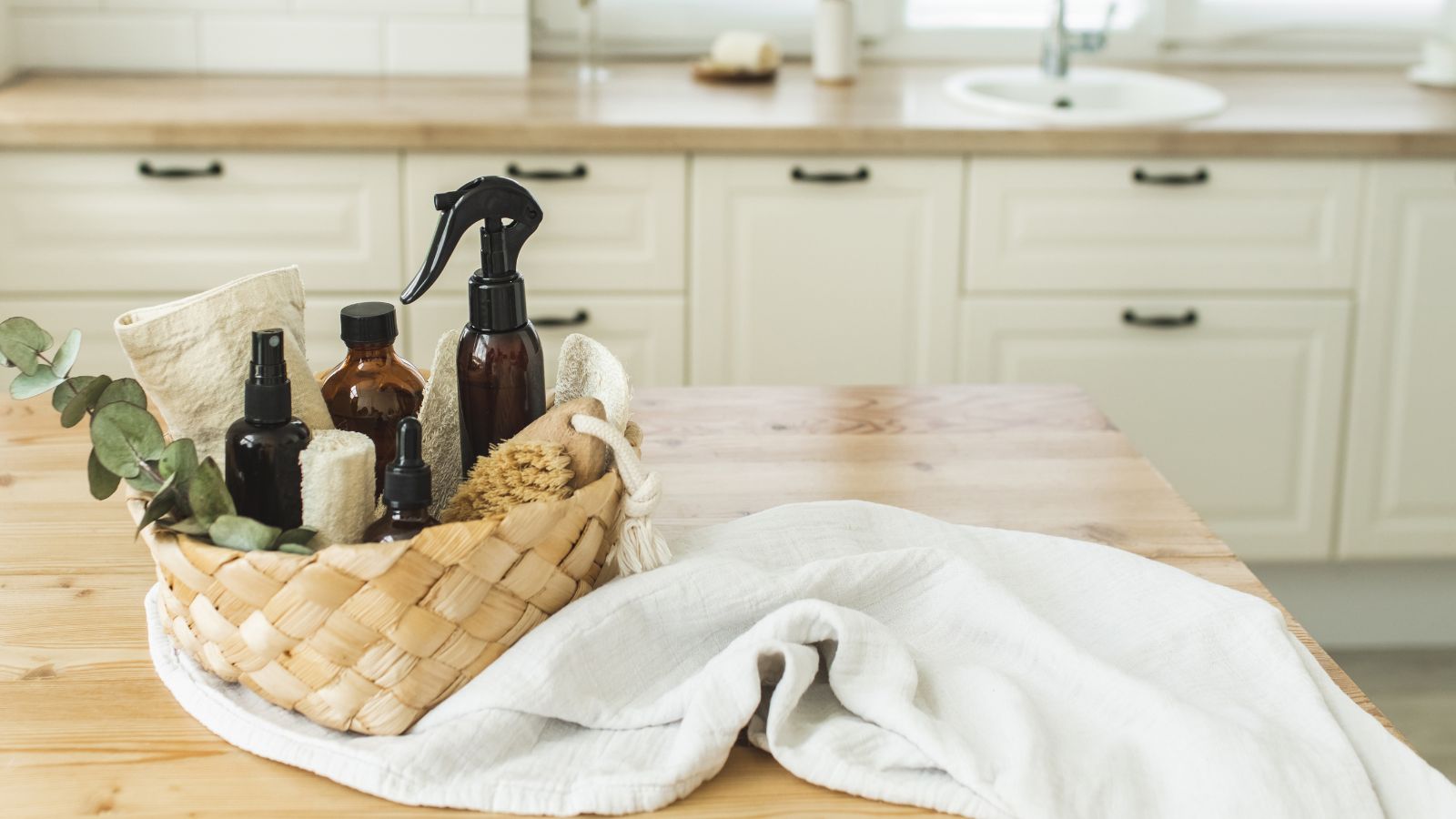

When we are struggling to clean something and are tired of scrubbing, it can be tempting to throw every product we have at it and hope for the best.
However, you should never mix several cleaning products, even when tackling the hardest of household cleaning tasks, to avoid the risk of a serious health hazard.
These are some of the cleaning supplies professional cleaners urge you to never mix, and what you can use instead to clean stubborn spots.
Cleaning products you should never mix
When it comes to volatile cleaning substances, it can help to not only avoid mixing them when cleaning but also organize your cleaning supplies so that they are not close to one another. This can prevent you from picking them out at the same time and also prevent accidental mixing if any of the products spill. When it comes to supplies such as bleach, for instance, this is especially important.
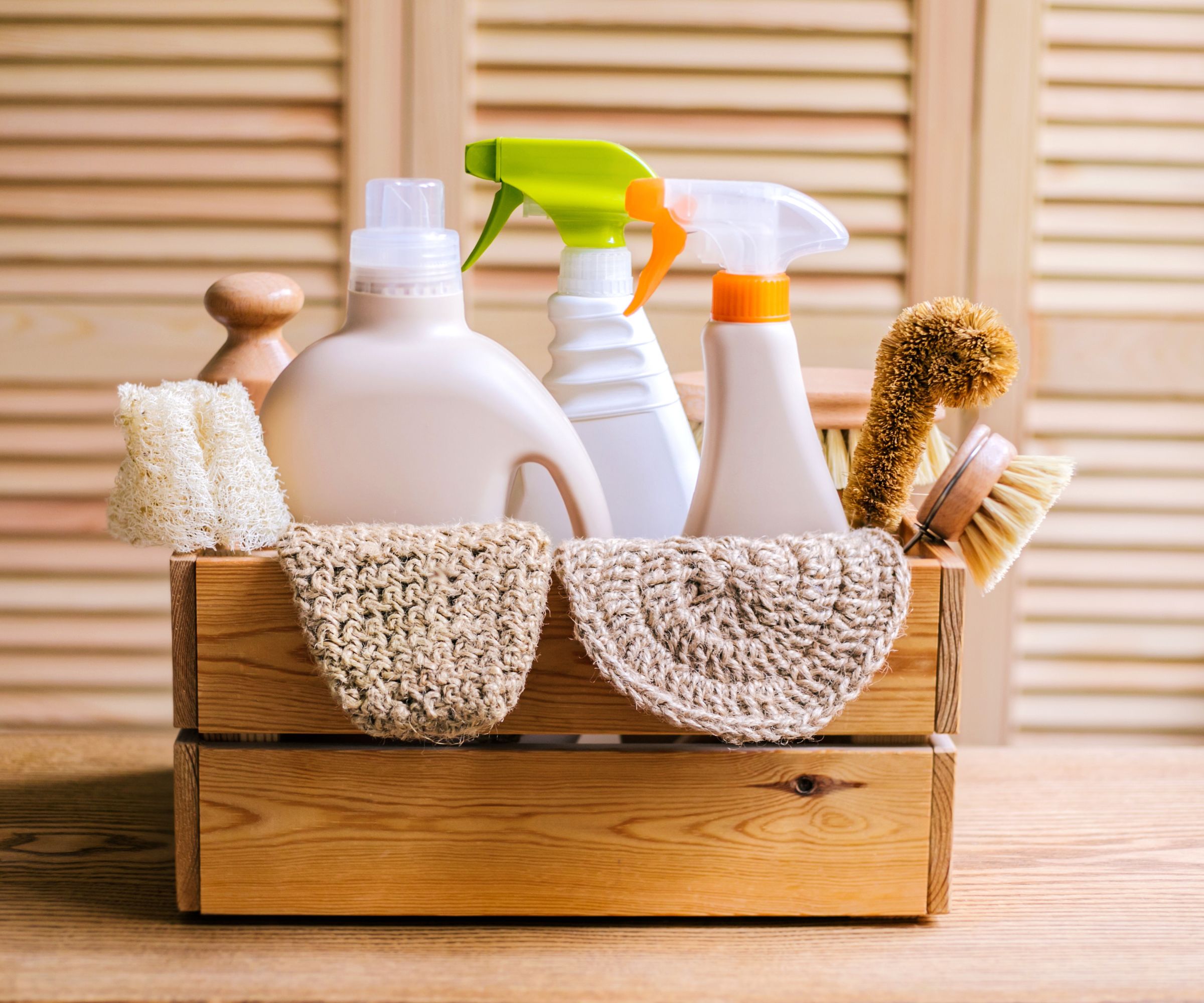
1. Bleach and vinegar
Cleaning with vinegar is commonplace now and is hailed as one of the best natural additions to cleaning a home. Just because it is natural doesn't mean it is safe to combine with anything and everything, however. Daniel Feliciano, laundry expert, co-founder, and CEO of Clotheslyne, explains that mixing vinegar and bleach, for instance, should be avoided at all costs:
‘It creates dangerous chlorine gas,’ he warns. ‘The chlorine gas can cause coughing, breathing problems, and burning eyes – even when used in a washing machine to make dingy whites white again.
‘Instead, use them separately and follow the safety instructions on the label to ensure a safe and effective cleaning process.’
You should also never mix bleach and baking soda for cleaning, and, instead, stick to cleaning with baking soda alone.
Cleaning Vinegar | View at Target
It is a good idea to keep a container of cleaning vinegar in your cleaning cabinet for tackling all sorts of household chores.
2. Bleach and rubbing alcohol
Rubbing alcohol is a less common cleaning product used mainly when cleaning mirrors or cleaning windows to remove dirt without streaks and damaging surfaces, thanks to its mild makeup. As a result, you want to avoid adding it to something like bleach to make it harsher.
'Not only does this make gentle cleaning with alcohol redundant, but it also forms chloroform and chloroethane,' the cleaning experts at KK Cleaners caution. ‘Both of these substances are harmful and can cause dizziness, nausea, and even organ damage.’
Instead, use one or the other depending on your cleaning task and the surface you are cleaning. Better yet, opt for a dedicated cleaning product to ensure great results without any hazards.
3. Hydrogen peroxide and vinegar
Cleaning with hydrogen peroxide is another common ‘natural’ cleaning solution perfect for homes that are looking to avoid harsh chemicals. Avoid the urge to mix this with vinegar, however, warns Shayne Jeramos, cleaning expert at Bright Cleaners. 'The combination of the two creates peracetic acid, which is corrosive and can irritate the skin, eyes, and respiratory system.'
Usually, one or the other will be more than enough for gentle green cleaning. If you need something tougher, consider a natural commercial cleaner that you can be sure is safe and effective.’

Shayne Jeramos has been a cleaning specialist at Bright Cleaners for over 2 years and has extensive experience with residential and cleaning services.
4. Vinegar and castile soap
'The name castile soap can be deceiving,' explains Karina Toner, cleaning expert at Spekless Cleaning. 'Soap suggests it is somewhat neutral, making it relatively safe to combine with other natural products without many consequences. Castille soap, however, is more alkaline than other soaps and detergents, meaning that combining it with vinegar makes the cleaning solution redundant.'
‘This mixture also tends to leave a sticky film/residue on surfaces,’ she adds. You are better off making another DIY cleaning solution, such as a scented vinegar cleaning spray or a baking soda vinegar scrub.
Dr. Bronner's Pure-Castille Liquid Soap Set | View at Amazon
This set of four liquid castille soaps has multiple uses around the home and can be diluted to make gentle but effective cleansers, perfect for making a home smell nice too.

Karina is the Operations Manager at Spekless Cleaning, a trusted maid service based in Washington D.C. The team has over five years of experience providing top-quality cleaning services for residential and commercial clients. Karina oversees every aspect of the business, ensuring that every client gets the same top-notch service and a spotless clean every time.
5. Bleach and ammonia
No matter how hard the cleaning task is you are facing, mixing bleach and ammonia is a cleaning hack you must avoid, urges Angela Rubin, cleaning expert and founder of Hellamaid:
‘Mixing bleach and ammonia creates a toxic gas that can cause severe respiratory issues and even be fatal,’ she cautions. ‘Both are powerful cleaners on their own but should never be combined.
‘To tackle tough stains without risking your health, consider using hydrogen peroxide as a safe alternative for whitening and disinfecting.’

Hellamaid is an award-winning cleaning company in Canada that has been featured on multiple global media brands.
FAQs
What do I do if I accidentally mix cleaning products?
If you accidentally mix dangerous cleaning products, you need to take immediate action. Firstly, ventilate the area by turning on extractor fans and opening doors and windows – as many as you can to create a cross breeze to push any fumes out. You should also vacate the area, monitor yourself or others for any symptoms of irritation (calling 911 if there is any illness or injury), and contact poison control to explain the incident, following their advice from there.
How can I make sure cleaning products aren’t mixed?
There are plenty of ways you can ensure that cleaning products are not mixed accidentally. Firstly, you can implement a cleaning color code system to help designate specific cleaning products to certain areas, keeping dangerous mixes away from one another. Secondly, you can store the cleaning products you need for each room in the room itself, making sure, for instance, that when you choose your bathroom cleaning supplies, none of the products are capable of having a bad reaction to one another. Finally, you can educate yourself and your household on dangerous chemicals and mixing chemicals so that you can make more informed decisions when cleaning your home.
Even the best eco-friendly cleaning products can cause just as big a hazard as traditional, chemical-based cleaners around your home. Before mixing any products, quickly search online to see if it is a good idea to save yourself a lot of hassle.
Sign up to the Homes & Gardens newsletter
Design expertise in your inbox – from inspiring decorating ideas and beautiful celebrity homes to practical gardening advice and shopping round-ups.

Chiana has been at Homes & Gardens for two years and is our resident 'queen' of non-toxic living. She spends most of her time producing content for the Solved section of the website, helping readers get the most out of their homes through clever decluttering, cleaning, and tidying tips. She was named one of Fixr's top home improvement journalists in 2024.
-
 Zooey Deschanel and Jonathan Scott's breakfast nook is an innovative, effective use of kitchen space – it turns a 'dead area' into a cafe-style corner
Zooey Deschanel and Jonathan Scott's breakfast nook is an innovative, effective use of kitchen space – it turns a 'dead area' into a cafe-style cornerJonathan and Zooey have situated an eccentric yet elegant dining area in what may have been an otherwise underused corner
By Hannah Ziegler Published
-
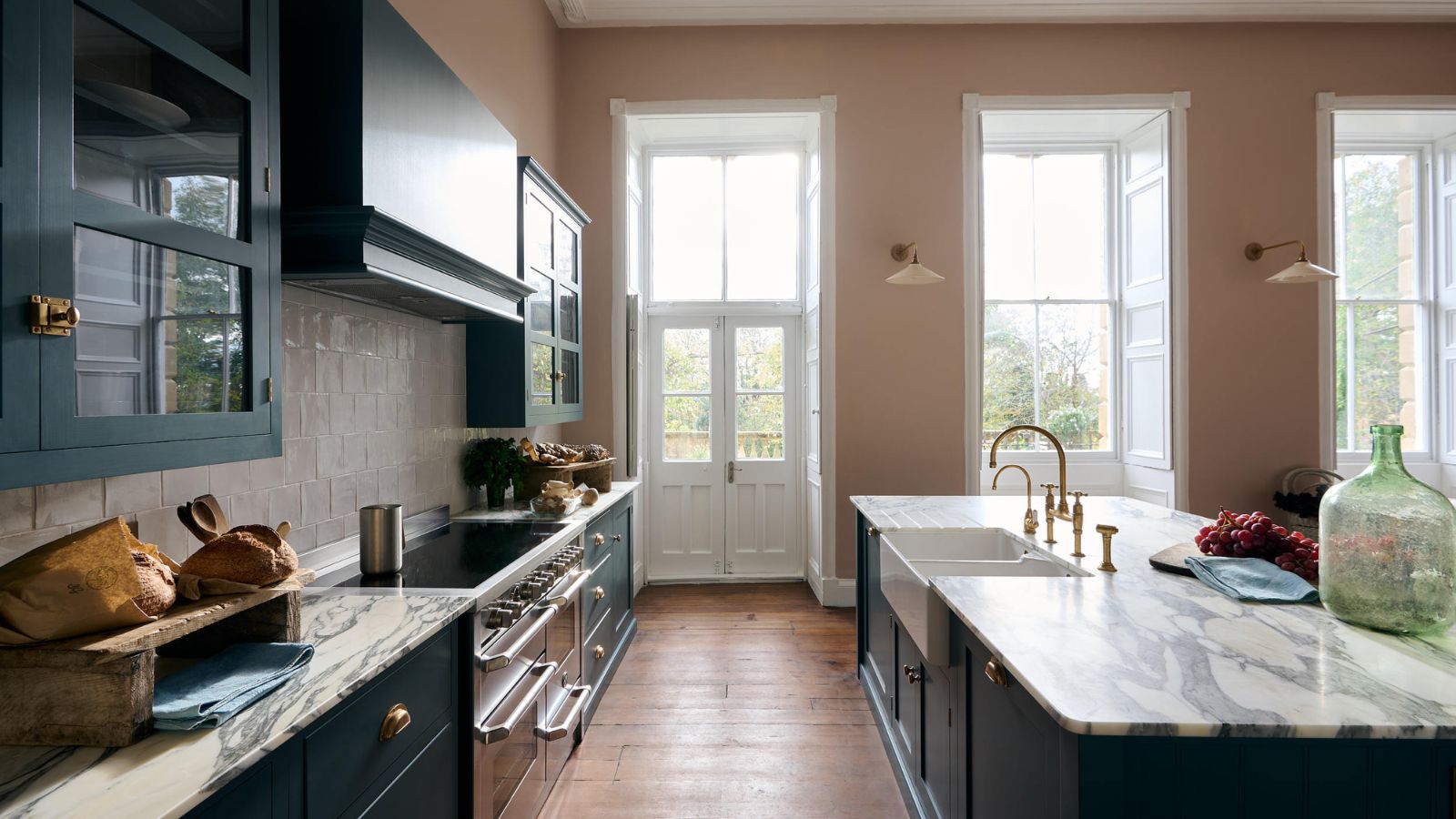 6 things you should never throw in the trash – and what to do for safe disposal instead
6 things you should never throw in the trash – and what to do for safe disposal insteadFrom batteries to space heaters, experts reveal what not to throw
By Andy van Terheyden Published
